The big news this weekend was the quiet announcement of at least part of the government’s response to the Augar review – a freeze on the inflation linked threshold increase for student loan repayments.
Student loan repayments
The statement that generated a fair amount of weekend press coverage is here. It looks like a very technical announcement but this is at least part of the long awaited response to the Augar report – fiddling with repayment arrangements to reduce the overall cost of HE to the government. They have not (yet) done the other things that were rumoured, like change (reduce) the interest rate or extend the repayment period but of course none of that has been ruled out.
- I intend to bring forward regulations that will keep the repayment threshold for Plan 2 student loans [post 2012 loans] – the income level above which post-2012 student loan borrowers are required to make repayments – at its current level for the financial year 2022-23. The threshold will be maintained at its financial year 2021-22 level of £27,295 per year, £2,274 a month, or £524 a week.
- The post-study interest rate thresholds that apply to Plan 2 loans will also be kept at their current levels in accord. For financial year 2022-23, the lower interest rate threshold will remain at £27,295 – to align with the repayment threshold – and the upper interest rate threshold will remain at £49,130.
- I can also confirm today that the repayment threshold for postgraduate student loans will remain at its current level of £21,000 per year, £1,750 a month or £404 a week for financial year 2022-23.
As Jim Dickinson points out for Wonkhe, in an article which is worth reading:
- The announcement officially marks a first formal break in policy on loans since Theresa May’s “British Dream” – in the speech where she launched the Augar review, she also raised the repayment threshold to £25,000 and announced it would be annually uprated by earnings, “putting money back into the pockets of graduates with high levels of debt”.
- As such, the Institute for Fiscal Studies (IFS) saysthat the announcement effectively constitutes a tax rise by stealth on graduates with middling earnings.
Ah, the days when the government was worried about having lost the student vote.
Student Loan Rate: Wonkhe tell us that the Telegraph has an explainer on student loans and repayments as the loan interest rate hits 4.4 per cent.
PQs:
Parliamentary News
Antisemitism on campus remains a key focus for Education Secretary, Nadhim Zahawi. This week he hosted a closed door antisemitism summit with this news story setting the scene. Wonkhe have a short piece on the topic and there is a Government news story.
Michelle Donelan blogged for Conservative Home: Our new plan to crack down on low-quality higher education. The blog sweeps through the intent behind the regulatory changes we explained in last week’s policy update and then continues to trot through a reiteration of previously trailed Government intent for several policies related to HE.
Michelle Donelan also launched a campaign for every university to sign a pledge to end the use of non-disclosure agreements (NDAs) when handling complaints of sexual misconduct, bullying and harassment. Speaking about the “#CantBuyMySilence” campaign, supported by former equalities minister Maria Miller, she told BBC Woman’s Hour: This is a moral contract and I don’t think any vice-chancellor is going to look me in the eyes and not do this. Taking to Twitter she added: Victims of sexual harassment in universities should no longer be silenced by NDAs. I’m committed to stamping out sexual harassment on our campuses. That’s why I’m campaigning for every university to sign the pledge to end the use of NDAs in these circumstances. The DfE also issued the press release: Ministers and campaigners back new pledge to end the use of Non-Disclosure Agreements within universities to silence complainants in sexual harassment cases.
PQ: NDAs in schools
Finally the DfS is considering restructuring their staff and activities.
Research
Quick News
- The Association of the British Pharmaceutical Industry reporteda lack of digital skills among those currently working in the life sciences sector, they intend to work with HE institutions and industry placements to increase the needed digital skills.
- Science, Research and Innovation Minister George Freeman has made an announcement on the future uses and considerations of genomic science. And the Government Office for Science has published a report on genomics beyond healthcare
- The reproducibility and research integrity inquiry continues (see here), the last session centred around AI.
- Former universities minister (and current chair of the University APPG), Chris Skidmore, has been appointed as a member of the UK delegation to the new UK-EU Parliament Partnership Assembly. Skidmore has saidhe aims to highlight the need for continued partnership and collaboration in R&D, higher education and approaches to tackling climate change.
- UK’s future exhaustion of intellectual property rights regime – consultation outcome inconclusive
Blogs:
Parliamentary Questions
Student Statistics
HESA published their HE Student Statistics for 2020/21, their summary here. It is interesting data because 2020/21 was the first full academic year within the Covid pandemic bringing nuance to the statistics. Wonkhe have a chew through the data here and highlight the key points as: HESA puts an 8% increase in student numbers down to a combination of demographics, pre-existing trends; more students meeting offers due to centre assessed grades, and a 16 per cent increase in students deciding to progress to postgraduate study. There’s been a dramatic drop in the number of students studying abroad for part of the year, and following a drop in qualifications awarded in all categories in 2019–20, there has been an increase everywhere except postgraduate research for 2020–21.
The ONS also published the experimental statistics from the Student Experiences Insights Survey which surveyed final year HE undergraduate students on their behaviours, plans, opinions and well-being within the influence of Covid. Main points are here.
Complaints: Wonkhe – The Office of the Independent Adjudicator (OIA) has published its Operating Report for 2021, which saw record numbers of complaints and a six per cent increase on the 2020 numbers. OIA was successful in settling 15 per cent of cases. The Operating Plan for 2022 has also been released which focuses on four key areas; reviewing student complaints, sharing learning, effective working with others, and continued organisational development. Operating Plan here.
Admissions
UCAS End of Cycle provider level data (2021 cycle) was released. UCAS set out the top analysis points here. They include
- 606,645 people of all ages applied to HE in 2021 (+5% on 2020), with 492,005 accepted (+1%).
- 81% of students gained a place in their first choice university or college (up from 76%).
- Overall, 38.3% of UK 18 year olds gained a placed in 2021 (up from 37% in 2020 and 34.1% in 2019).
- 9% of students eligible for FSM entered higher education – a record high. 2021 also saw a record proportion of students from the most disadvantaged areas enter university or college.
- The number of applicants achieving the top A level grades almost doubled compared to 2020 (19,595 from 12,735) and nearly quadrupled from pre-pandemic levels (5,655 in 2019). As a likely result, 103,010 UK young people were accepted at higher tariff providers, up 11% from 92,650 in 2020.
- UCAS’ Career Finder apprenticeship searches jumped 50% in a year to 1.5 million, with half of UCAS pre-applicants telling us they are interested in learning about apprenticeships as well as traditional undergraduate degrees.
- UCAS state the UK remains globally attractive UCAS, with their recent ‘Where Next: the experience of international students connecting to UK higher education’ report indicating that nearly 9 out of 10 students find the UK a positive place to study. (Other key points from the report here.)
- Internationally, a total of 142,925 people of all ages applied (-5% on 2020), with 70,005 accepted (+1%). 111,255 people applied from outside the EU (+12%) with 54,030 accepted (+2%); while 31,670 people from within the EU applied (-40%) with 16,025 were accepted (-50%).
- Unconditional offer-making fell from a high of 15.7% of all offers made in 2020 to 3.3% in 2021, with ‘conditional unconditional offers’ all but eliminated within this cycle.
Wonkhe have a quick data run through with their usual charts and short explanations style highlighting some of the key points and nuanced anomalies.
Clare Marchant, Chief Executive at UCAS, said:
- “The 2021 cycle was the first admissions cycle that took place end to end during a global pandemic, and the tremendous hard work and resilience of students has been justly rewarded with the increase in placed applicants as well as those getting their first choice…Today’s data also shows a significant move away from unconditional offer making as universities have sought to provide greater stability to students and address concerns from schools and colleges.
- This year sees the return to exams and is the second year of what will be a decade of growth of 18 year olds in the UK population. As we are set to hit a million applicants by 2026, it will be even more important that the higher education admissions system meets the needs of students in this increasingly competitive environment.
Alistair Jarvis CBE, Chief Executive of Universities UK said:
- The data on unconditional offers shows that universities have responded to recommendations in our Fair Admissions Review, aimed at building greater levels of transparency, fairness, and trust in the system, and worked hard to provide stability during the uncertainty caused by the pandemic.
- To build on this progress, we are currently working with UCAS, universities and school leaders to develop a new admissions code of practice that will further improve fairness, deliver for students, and continue universities’ commitments to widening access and participation in higher education.
PQ: 2022 exams going ahead and outline of adaptations. The latest DfE exams explainer to students is here.
Another Wonkhe blog considers whether there is diversity of access within the increased student numbers– in essence the answer is ‘yes – but…’!
80 HE providers (including BU) have confirmed they will accept the new T level qualification for entry onto at least one courses. Of the 80 providers 10 are Russell Group members. Here’s the list of HE institutions accepting T levels.
The content and assessment of GCSE French, German and Spanish will change. Contact us if you’d like a short summary.
Access & Participation
The Office for National Statistics (ONS) has published Education, social mobility and outcomes for students receiving free school meals in England: initial findings on earnings outcomes by demographic and regional factors. These are experimental statistics delving down to a deeper level than previously possible as the education data is linked with LEO’s earnings data at the population level. Key points:
- At age 25 years, 23% of free school meal (FSM) recipients recorded earnings above the Living Wage (42% were below the threshold; 29.2% recorded as no earning).
Comparison: 43.5% of people not eligible for FSM recorded earnings above the Living Wage. For both females and males, the difference between FSM recipients and non-recipients earning the living wage was broadly similar in every region.
- Females earn less – 18% of FSM females recorded earnings above the Living Wage compared with 28% of FSM males. Non-FSM people recording earnings above the Living Wage were 39.3% (female) and 47.5% (male). In every region, the proportion of males who received FSMs earning above the Living Wage was larger than the proportion of female FSM recipients.
- The East of England had the greatest proportion of FSM recipients with recorded earnings above the Living Wage (29.5%), the smallest proportion was in the North East (19.9%).
PQs:
Care Leavers
Wonkhe: The Student Loans Company has published new data on the number of care leavers and estranged students who received student finance between 2017-18 and 2021-22 which are lower than in 2020–21 but still show an increase on 2017.
Ofsted has published findings from a survey of children in care and care leavers on the planning and preparation that happens before they leave the system. Over a third of care leavers feel that they left care too early, regardless of whether they were ready or not. And care leavers’ experience of preparation has been varied.
Ofsted set out the key findings as:
- More than a third of care leavers felt that they left care too early. This was often because the move out of care happened abruptly and they were not ready for all the sudden changes.
- Of those who did feel that they left care at the right time, not all felt they had the required skills to live more independently. Many care leavers told us that they were not taught essential skills, such as how to shop, cook or manage money.
- Many care leavers felt ‘alone’ or ‘isolated’ when they left care and did not know where to get help with their mental health or emotional well-being. Many care leavers had no one they could talk to about how they were feeling or who would look out for them. A third of care leavers told us they did not know where to get help and support. For many, no plans had been made to support their mental health or emotional well-being when they left care.
- Although statutory guidance requires that young people should be introduced to their personal adviser (PA) from age 16, over a quarter of care leavers did not meet their PA until they were 18 or older. Care leavers saw PAs as helpful in preparing to leave care, but a fifth felt they met them too late. Two fifths of the children still in care told us that they did not yet have a PA, meaning that some about to leave care still did not know who would be helping them.
- Some care leavers could not trust or rely on the professionals helping them to prepare for leaving care. Care leavers needed someone they could rely on for help when they felt scared or worried, but sometimes they felt that professionals were ‘rude’ or ‘uninterested’, or showed a lack of respect, for example by cancelling meetings, turning up late or ignoring their feelings.
- Care leavers were not involved enough in plans about their future. Around a quarter of care leavers reported they were not at all involved in developing these plans. Some felt that, even when they expressed their wishes, they were not listened to, or that they did not fully understand the options. Some felt that plans did not match their aspirations. For many, this had a long-term impact on their education or career path, as well as their emotional well-being.
- Many care leavers had no control over where they lived when they left care, and many felt unsafe. Only around a third of care leavers had a say in the location they’d like to live in and even fewer (a fifth) in the type of accommodation. One in 10 care leavers never felt safe when they first left care. Many care leavers were worried about the area or people where they lived. Sometimes the area was completely unfamiliar to them or was seen as a crime and exploitation hot spot. Many care leavers also felt unsafe living on their own.
- Many care leavers felt unprepared to manage money. Some were not aware of what bills they needed to pay, or how to budget. In some cases, this led to them getting into debt, losing tenancies, or not being able to afford food or travel. Some care leavers were still in debt years later. When they were asked what made them feel unsafe when they first left care, being worried about money was the most common reason reported. A few care leavers reported getting into crime when they left care in order to get money, or because they were not able to manage their finances.
- Some care leavers said they did not find out about their rights until they were already in serious difficulties. In some cases, care leavers were already in debt or homeless before they were told about the help they could access. Only around half remembered being told about the support and services available in the local care leaver offer. A similar proportion reported being told how to complain and even fewer were told how to get advocacy support. Care leavers (or their carers) who had engaged advocacy services had found this help to be vital.
The National Foundation for Educational Research in England and Wales warns that the changes to Free Schools Meals eligibility will make tracking the progress of disadvantage pupils ‘almost impossible’. Full report here.
Student accommodation
The Scottish Government is considering regulating purpose built student accommodation.
PQs:
PQs
Other news
Green Jobs: The Government published its response to the Environmental Audit Committee’s report on green jobs. The committee’s report found that the Government was not sufficiently grappling the skills gap needed for net zero, resulting in missed opportunities. The Government’s response outlines the Government’s actions on green jobs and confirms that the new Green Jobs Delivery Group will include ministers from multiple departments alongside an industry co-chair.
Non-vaccinated nursing students: Wonkhe – Nursing students in England who have not been double vaccinated against Covid-19 by April will not be able to undertake clinical placements, risking their ability to complete and join the register. Newly updated guidance published by Health Education England (HEE) on changes to vaccination rules notes some temporary exemptions for unvaccinated nursing students who have recently had a confirmed Covid-19 infection which prevents them from having the jab for 28 days after, and for those who are pregnant and may choose to take a “short-term medical exemption”. The Royal College of Nursing continues to call for a delay to the implementation of the policy.
Skill Shortages: The Department for Digital, Culture, Media and Sport (DCMS) has published experimental statistics on skills shortages and skills gaps in the DCMS sectors for 2019.
Skills Shortages
- 4% of DCMS Sector vacancies were attributed to skills shortages (i.e. applicants did not have the right skills, qualifications and/or experience), lower than 24.4% for All Sectors.
- 2% of DCMS Sector businesses have at least one skills shortage vacancy, compared with 5.5% of All Sectors.
Skills Gaps
- 8% of the DCMS Sector workforce had skills gaps (staff judged to be not fully proficient in their role), slightly higher than 4.5% for All Sectors.
- 2% of DCMS Sector businesses have at least one skills gap, the same as for All Sectors (13.2%).
Subscribe!
To subscribe to the weekly policy update simply email policy@bournemouth.ac.uk. A BU email address is required to subscribe.
External readers: Thank you to our external readers who enjoy our policy updates. Not all our content is accessible to external readers, but you can continue to read our updates which omit the restricted content on the policy pages of the BU Research Blog – here’s the link.
Did you know? You can catch up on previous versions of the policy update on BU’s intranet pages here. Some links require access to a BU account- BU staff not able to click through to an external link should contact eresourceshelp@bournemouth.ac.uk for further assistance.
JANE FORSTER | SARAH CARTER
VC’s Policy Advisor Policy & Public Affairs Officer
Follow: @PolicyBU on Twitter | policy@bournemouth.ac.uk

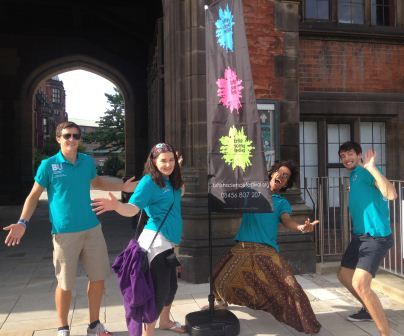




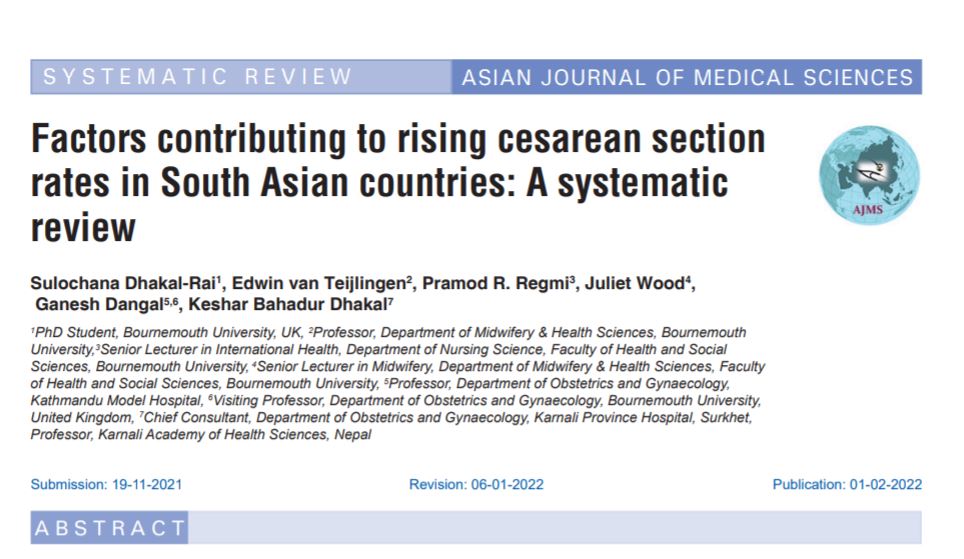 Congratulations to Bournemouth University’s PhD student Sulochana Dhakal-Rai on the publication today of the latest paper from her research thesis. This latest paper ‘
Congratulations to Bournemouth University’s PhD student Sulochana Dhakal-Rai on the publication today of the latest paper from her research thesis. This latest paper ‘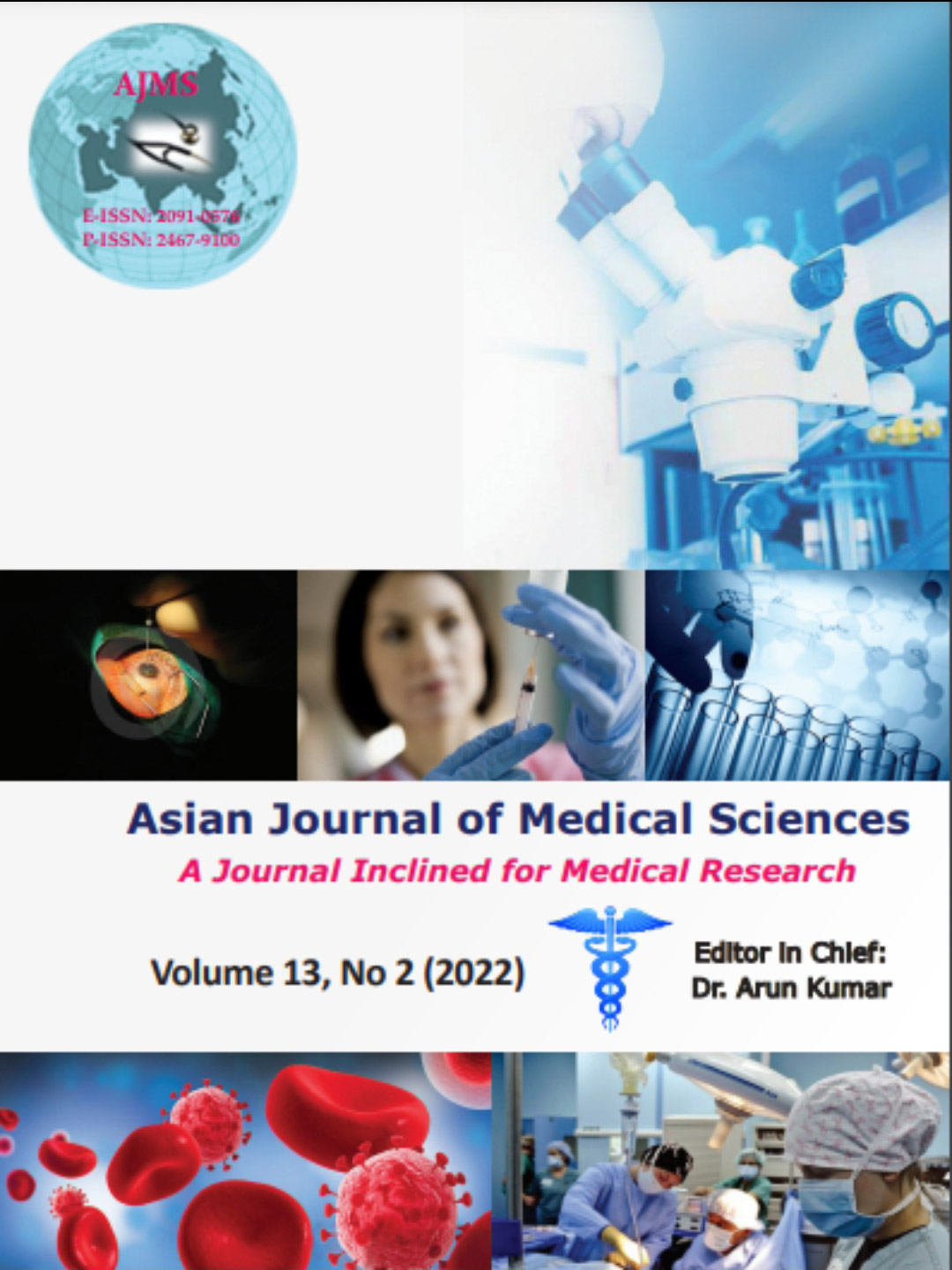 The paper is part of her PhD study of the rising CS rate in Nepal. This systematic review is co-authored with her BU PhD supervisors, Dr. Juliet Wood, Dr. Pramod Regmi and Prof. Edwin van Teijlingen as well as her Nepal-based supervisors Dr. Ganesh Dangel (FHSS Visiting Faculty) and Dr. Keshar Bahadur Dhakal. This is the sixth paper from Sulochana’s interesting and highly topical PhD thesis. The previous five were published in 2018, 2019 and 2021 [2-6].
The paper is part of her PhD study of the rising CS rate in Nepal. This systematic review is co-authored with her BU PhD supervisors, Dr. Juliet Wood, Dr. Pramod Regmi and Prof. Edwin van Teijlingen as well as her Nepal-based supervisors Dr. Ganesh Dangel (FHSS Visiting Faculty) and Dr. Keshar Bahadur Dhakal. This is the sixth paper from Sulochana’s interesting and highly topical PhD thesis. The previous five were published in 2018, 2019 and 2021 [2-6]. At Bournemouth University we collaborate with global institutions and organisations through our education, research and practice.
At Bournemouth University we collaborate with global institutions and organisations through our education, research and practice. Every BU academic has a
Every BU academic has a  By clicking on this box, on the left of the Research Blog home page just under the text ‘Funding Opportunities‘, you access a
By clicking on this box, on the left of the Research Blog home page just under the text ‘Funding Opportunities‘, you access a 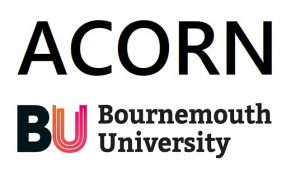 To support BU’s Early Career Researchers with the most promising talent, the ACORN Fund (Acceleration Of Research & Networking) Round 4 was announced in November 2021. This time, two options for ECRs were available – to apply for Standard Grant up to £5,000 or Large Grant up to £10,00; each applicant was allowed to only submit one proposal for Round 4. Before the closing date, 14 eligible applications were received.
To support BU’s Early Career Researchers with the most promising talent, the ACORN Fund (Acceleration Of Research & Networking) Round 4 was announced in November 2021. This time, two options for ECRs were available – to apply for Standard Grant up to £5,000 or Large Grant up to £10,00; each applicant was allowed to only submit one proposal for Round 4. Before the closing date, 14 eligible applications were received. Congratulations to all winners!
Congratulations to all winners!
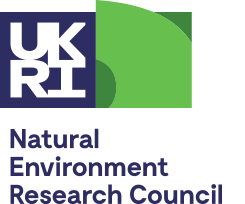
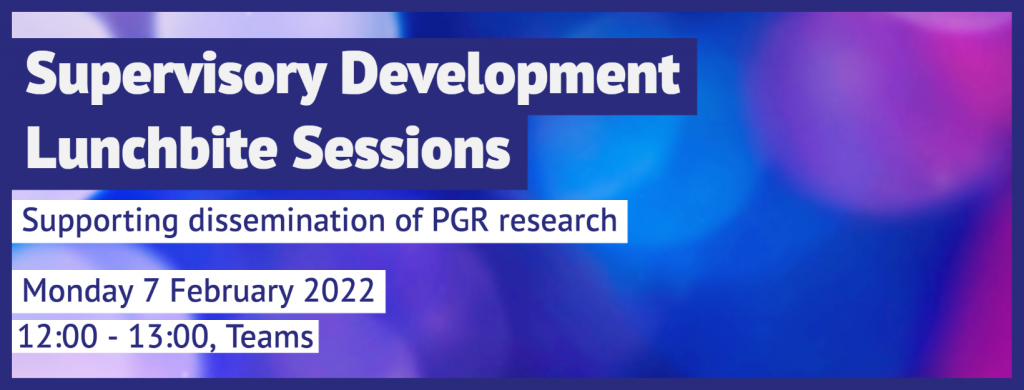











 Connecting Research with Practice: FoodMAPP Secondment in Austria and France
Connecting Research with Practice: FoodMAPP Secondment in Austria and France Health promotion paper read 8,000 times
Health promotion paper read 8,000 times The Beautiful Work Challenge: On Birth
The Beautiful Work Challenge: On Birth Free event on Solutions to Inequalities in Dementia Diagnosis and Care
Free event on Solutions to Inequalities in Dementia Diagnosis and Care MSCA Postdoctoral Fellowships 2025 Call
MSCA Postdoctoral Fellowships 2025 Call ERC Advanced Grant 2025 Webinar
ERC Advanced Grant 2025 Webinar Horizon Europe Work Programme 2025 Published
Horizon Europe Work Programme 2025 Published Horizon Europe 2025 Work Programme pre-Published
Horizon Europe 2025 Work Programme pre-Published Update on UKRO services
Update on UKRO services European research project exploring use of ‘virtual twins’ to better manage metabolic associated fatty liver disease
European research project exploring use of ‘virtual twins’ to better manage metabolic associated fatty liver disease